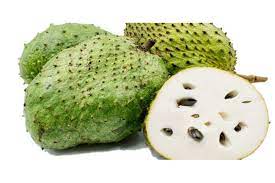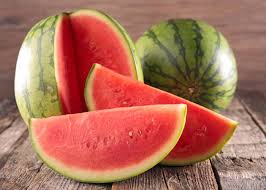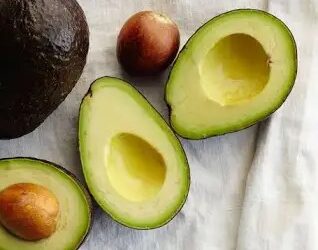In a world that’s increasingly focused on health and sustainability, the power of plant-based nutrition shines brighter than ever. With a plethora of scientific research supporting its benefits, transitioning to a plant-based diet isn’t just a trend; it’s a strategic choice for optimizing our health and the health of our planet. Welcome to a journey where plant-based nutrition isn’t just a diet, but a lifestyle that unlocks the doors to vibrant health and wellness.
Plant-Based Nutrition: A Nutrient Powerhouse
Plant-based nutrition isn’t about deprivation; it’s about abundance. Fruits, vegetables, whole grains, nuts, seeds, and legumes offer a wide array of essential nutrients that contribute to overall well-being. Packed with vitamins, minerals, antioxidants, and fiber, these foods provide the building blocks for a thriving body and mind.
Heart Health and Beyond
One of the standout benefits of plant-based nutrition is its positive impact on cardiovascular health. Research consistently demonstrates that a diet rich in plants can lower the risk of heart disease, stroke, and hypertension. The abundance of heart-healthy nutrients such as fiber, potassium, and antioxidants found in plant foods helps to reduce inflammation, regulate blood pressure, and support overall cardiovascular function.
Gut Health and Immunity
A flourishing gut is the cornerstone of good health. Plant-based diets, rich in fiber and prebiotics, promote the growth of beneficial gut bacteria. A balanced gut microbiome doesn’t just aid digestion but also plays a pivotal role in bolstering our immune system. The fiber in plant foods acts as a prebiotic, nourishing these beneficial bacteria and creating an environment where they can thrive.
The Plant Protein Paradigm
Contrary to the misconception that plant-based diets lack protein, they actually provide an array of protein sources. Legumes, tofu, tempeh, nuts, seeds, and whole grains are all excellent sources of protein. These plant proteins are often accompanied by an abundance of vitamins, minerals, and fiber, making them a healthier alternative to some animal-derived protein sources that may come with added saturated fats and cholesterol.
Eco-Friendly and Sustainable
Plant-based nutrition isn’t just beneficial for our personal health; it’s also a sustainable choice for the planet. The environmental footprint of plant agriculture is considerably smaller compared to animal agriculture. By choosing plant-based foods, we reduce greenhouse gas emissions, conserve water resources, and help preserve biodiversity.
Practical Tips for Embracing Plant-Based Nutrition
1. Diversify Your Plate:
Incorporate a variety of plant foods to ensure a broad spectrum of nutrients.
2. Plan Your Meals:
Create well-balanced meals that include sources of protein, healthy fats, and complex carbohydrates.
3. Explore Meat Alternatives:
Experiment with plant-based meat substitutes for familiar flavors and textures.
4. Mindful Eating:
Pay attention to hunger and fullness cues to avoid overeating.
5. Stay Informed:
Continuously educate yourself about plant-based nutrition to make informed dietary choices.
In conclusion,
Unlocking the power of plant-based nutrition is a transformative journey towards holistic health and wellness. From heart health to gut health, and from sustainability to nutrient density, a plant-based diet offers a wealth of benefits for both our bodies and the world around us. By embracing the abundant goodness that plant foods provide, we embark on a path to not only improve our own lives but also contribute to a healthier planet for generations to come.































